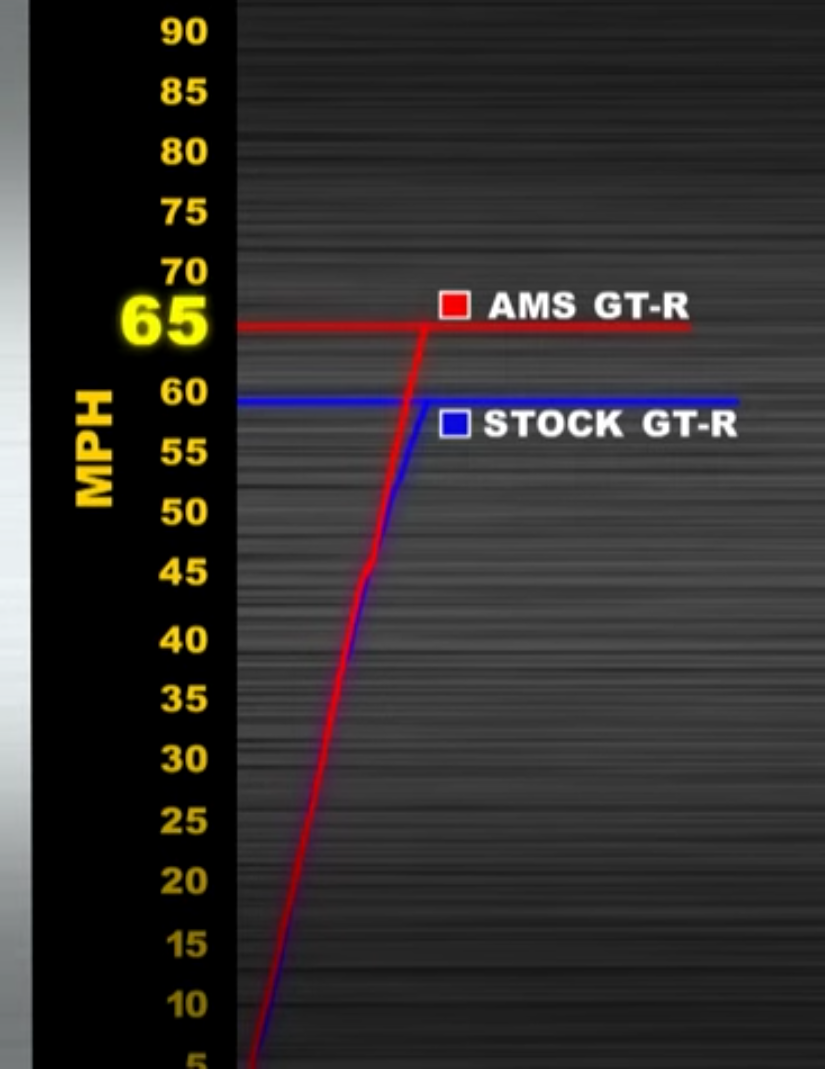HardOCP News
[H] News
- Joined
- Dec 31, 1969
- Messages
- 0
So what do you think? If you paid almost $100,000 for a car that is supposed to have 700hp would you be upset if you "only" got 469hp? All I want to know is what Tesla means by the horsepower rating meets the requirements “according to the measurement method required by the authorities.” We have a surefire way to tell how much horsepower a car has, you strap it to a dyno and be done with it. The numbers don't lie. 
Some 126 owners of the Tesla Model S sedan’s P85D performance version are seeking unspecified reimbursements after the model only reached 469 horsepower instead of a pledged 700 hp, said Kaspar N. Thommessen, an attorney at Wikborg Rein law firm representing the plaintiffs. The car “has too low horsepower,” the lawyer said Wednesday in an e-mailed response to questions. “And of course, it affects the car’s performance, according to the consumers.”
Some 126 owners of the Tesla Model S sedan’s P85D performance version are seeking unspecified reimbursements after the model only reached 469 horsepower instead of a pledged 700 hp, said Kaspar N. Thommessen, an attorney at Wikborg Rein law firm representing the plaintiffs. The car “has too low horsepower,” the lawyer said Wednesday in an e-mailed response to questions. “And of course, it affects the car’s performance, according to the consumers.”
![[H]ard|Forum](/styles/hardforum/xenforo/logo_dark.png)

